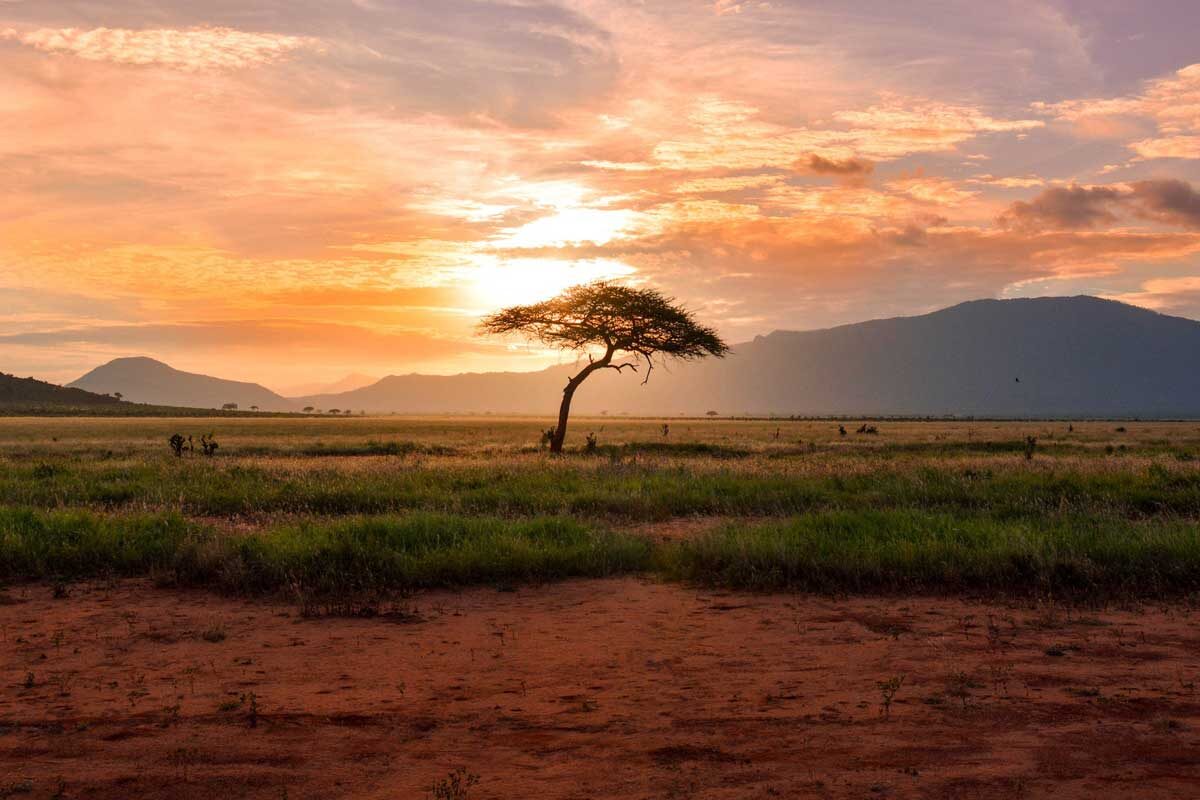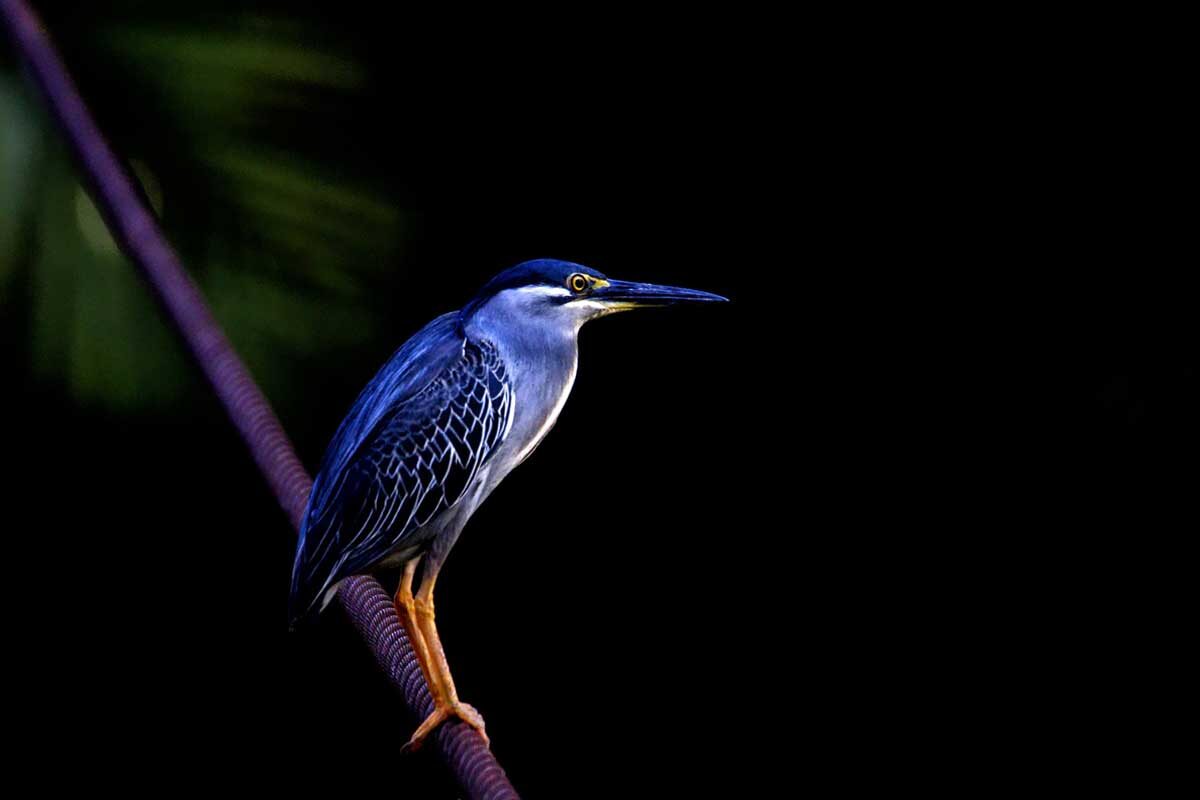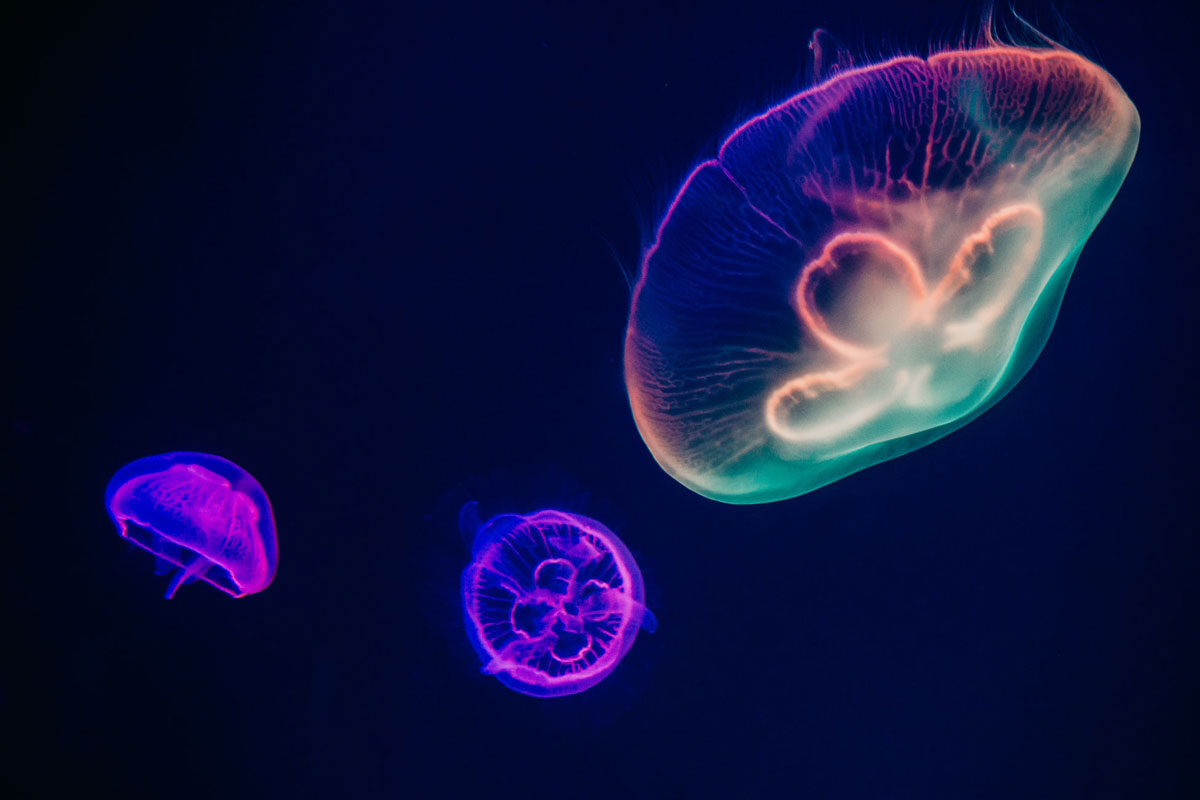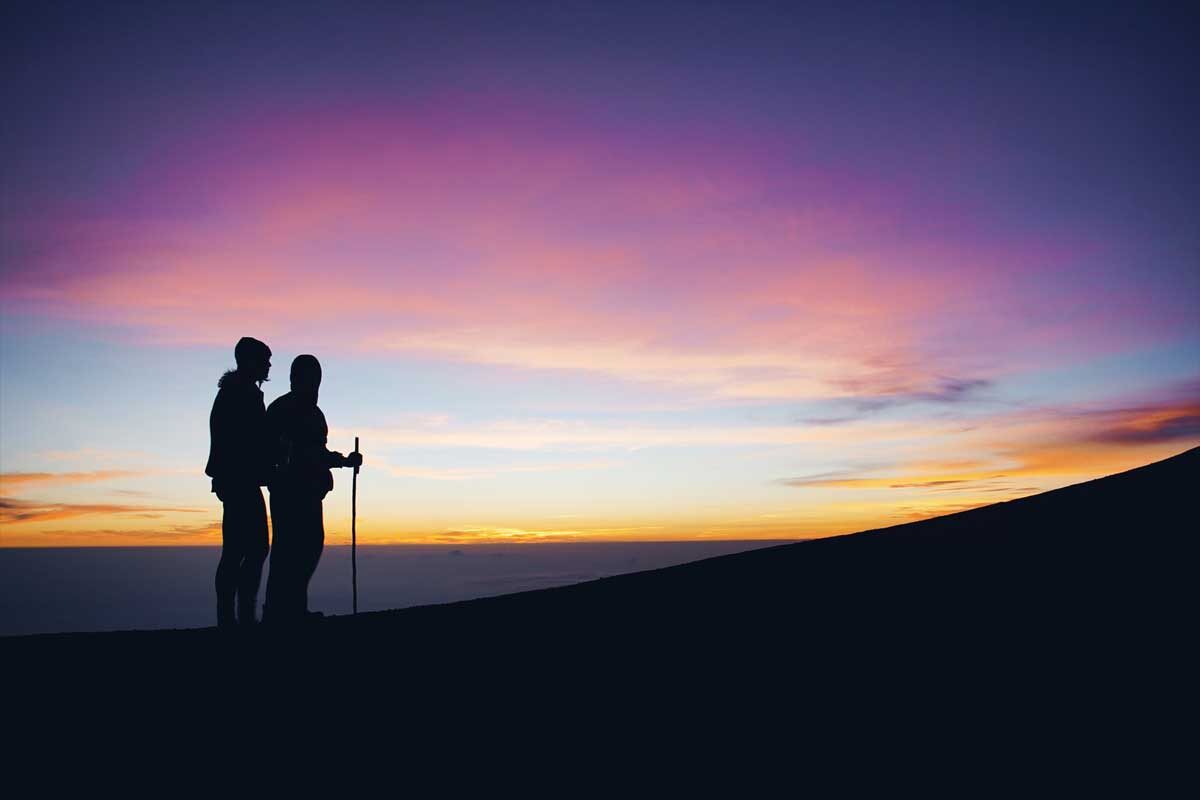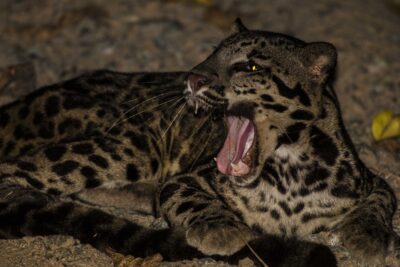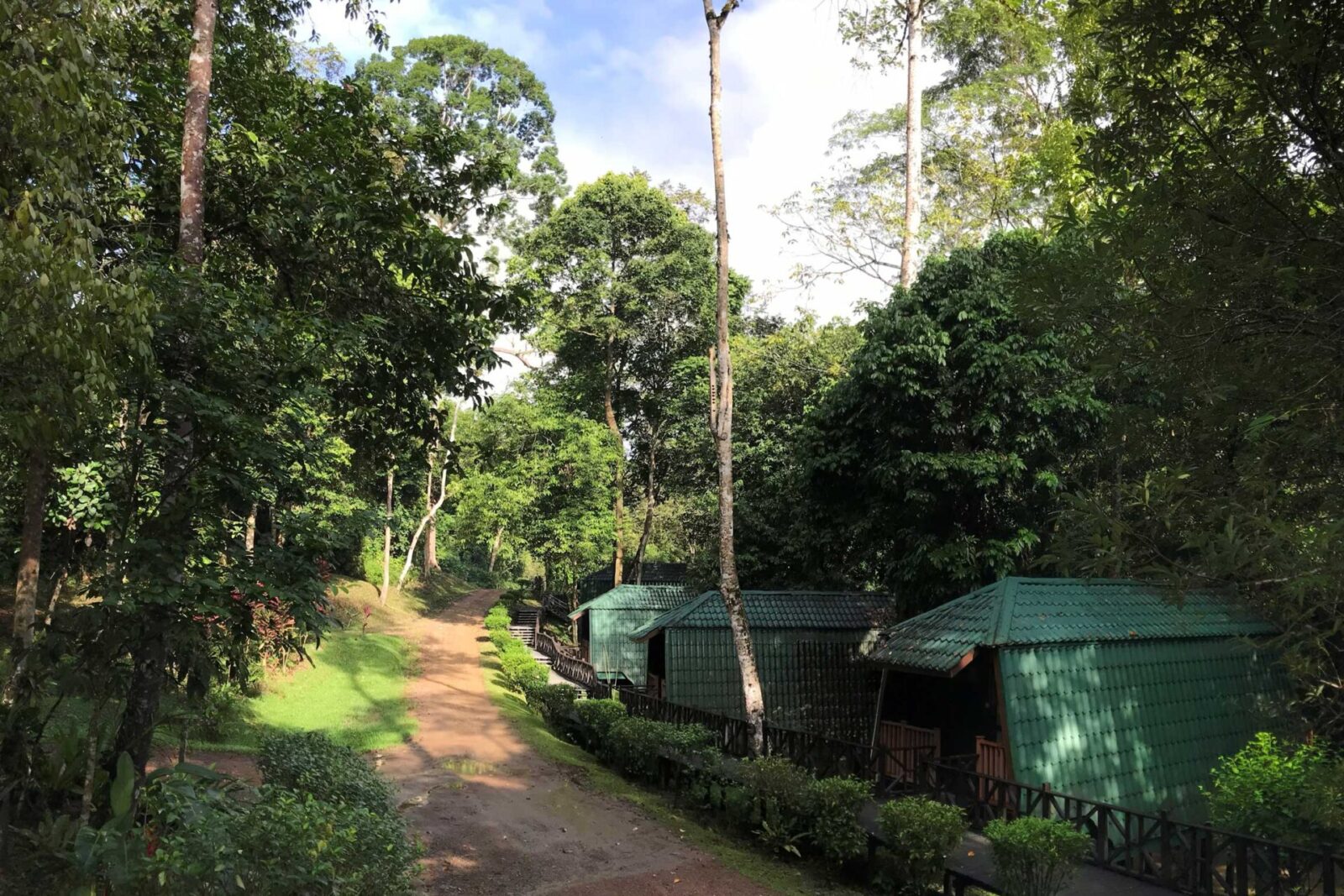
Sabah
Tabin Wildlife Resort
A rainforest haven in a sea of palm oil plantations, the 120,500-hectare Tabin Wildlife Reserve represents a refuge for some of Borneo’s rarest mammals and birds.
It was home to one of the last wild rhino populations in Sabah plus was more recently the base for the rhino breeding programme. Hopes are that a last few rhinos cling-on somewhere in the reserve but this is becoming increasingly less likely signalling that the species is now most likely extinct in the whole of Sabah. However, the reserve still represents a beacon of hope to some of Borneo’s rarest creatures. It is one of the release sites for habituated orang-utans and is one of the last strongholds of the secretive Borneo pygmy elephant. Tabin is particularly known for its cat species with sightings of the diminutive leopard cat being common during night drives and the rare clouded leopard being sighted on occasion.
An active mud volcano (with observation platform) creates a natural saltlick for forest mammals and the mix of forest types (palm, secondary and small patches of primary) makes it a hotspot for birdwatchers with possible sightings of all eight of Borneo’s hornbill species plus rarities including Storm’s stork and the secretive blue-headed pitta. The resort has 20 charming wooden cabins dotted along the river and running up the hill behind. Activities include walking the forest trails, hikes to nearby waterfalls, mud volcano visits, morning birdwatching and night drives to spot many of the nocturnal species.
Facilities
The accommodation at the Tabin Wildlife Resort is split between 10 “River Cottages” dotted along the Lipad River and 10 “Hillside Cottages” running up the hill behind the lodge. All cabins have an outdoor veranda/balcony, are built from local wood and the size and standards of each are similar. The Hillside Cottages involve quite a few steps to get to but have more light and slightly better views. The River Cottages are closer to the main buildings and involve an easier walk but are a little darker than those on the hillside. All rooms benefit from air-conditioning and hot water showers. The main central building houses the restaurant, bar and small library. Food is usually very good here and is usually served buffet style. There is also a small spar offering a range of treatments, many using mud from the nearby mud volcano.
Local Wildlife
The Tabin Wildlife Reserve is home to many of Borneo’s rainforest species including Borneo pygmy elephants and Banteng (wild ox). It was also home to some of Sabah’s last surviving wild rhinos and more recently a rhino breeding programme. Hopes are that wild rhinos may still cling on in some of the more remote areas of the reserve but many fear that rhinos are now extinct here and in Sabah as a whole. Many of the rainforest animals raid the nearby palm oil plantations meaning that the forest here supports higher than usual numbers of animals such as the bearded pig, macaques and hornbills. This is best revealed in the night drives which can be particularly rewarding with regards to civets, flying squirrels and cat species. Leopard cats are common here and this is one of the last strongholds of the fabled clouded leopard although sightings are still rare. Primate numbers are also high here, there is a habituated troupe of gibbons plus this is one of the release sites for rescued and rehabilitated orang-utans. The mix of forest types also makes it an excellent area for birding with a birdlist of over 230 species. Here you can see all of Borneo’s eight species of hornbill including the much sought after rhinoceros, white-crowned and helmeted hornbills. Other rare bird species include Storm’s stork, green iora, white-chested babbler and the secretive blue-headed pitta, black and crimson pitta and the giant pitta.
Optional Activities
A programme of rainforest hikes, volcano visits and night drives is usually included in your stay here.

Jonathan Morris
Area Specialist
Some people are discouraged by the fact that reserve is surrounded by palm oil plantations. In fact, many of the night drives are done on the forest/plantation boundary. But for very good reason: night-time is when a lot of the forest creatures emerge to raid the palm plantations to feast on palm nuts and hunt plantation rodents. Not only does this support higher than usual populations of certain animals (wild pigs, monkeys, civets, wild cats etc) but this also makes them much easier to see in the open, paradoxically making this one of the best places to spot animals that are almost impossible to see elsewhere in Borneo. As a result, the night drives here are particularly rewarding and are certainly worth staying up a little later for.
If you have any questions regarding our Borneo tours, please feel free to contact me on +44 (0)1803 866965
Lovely lodge and fabulous general area.
